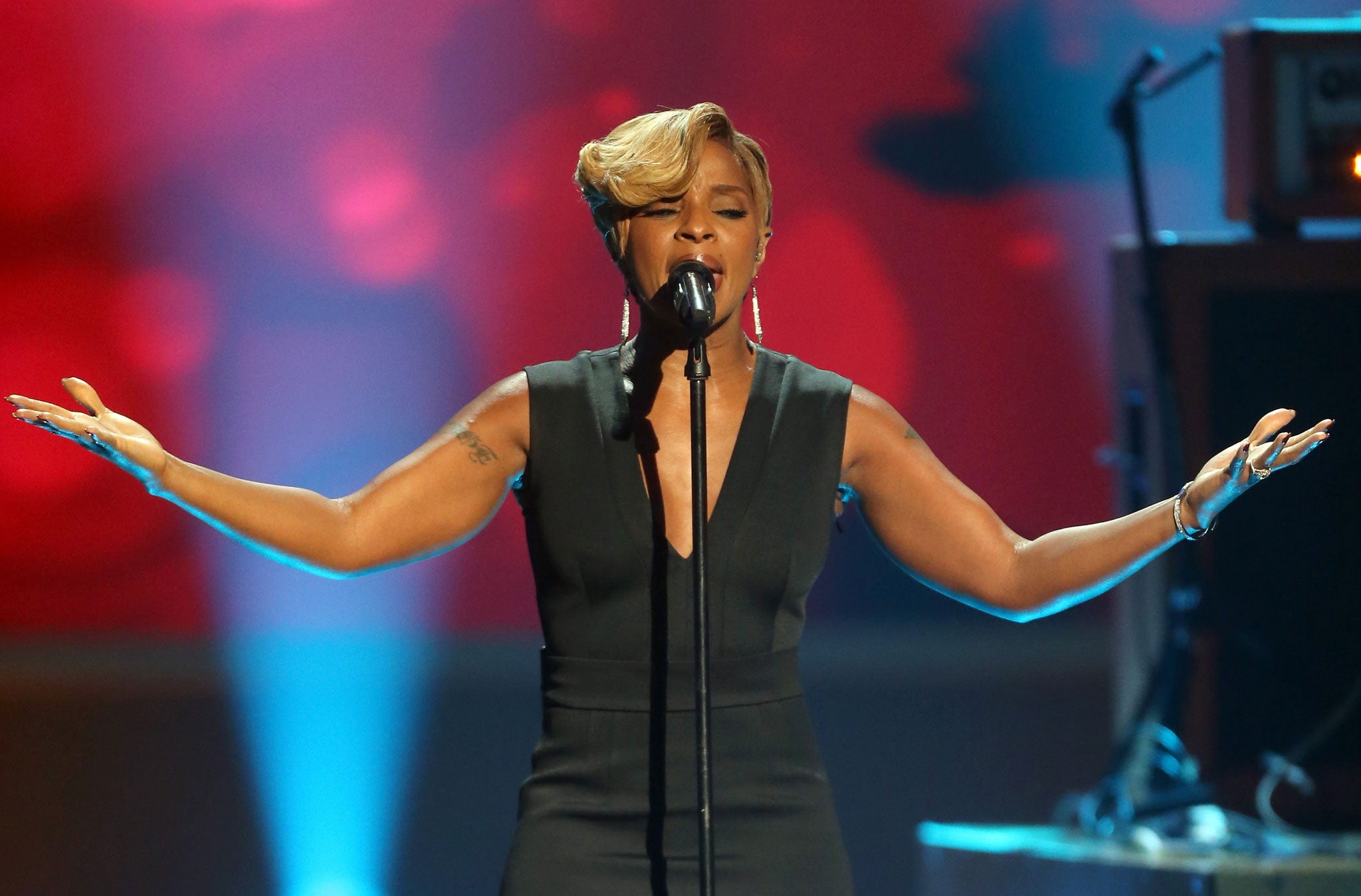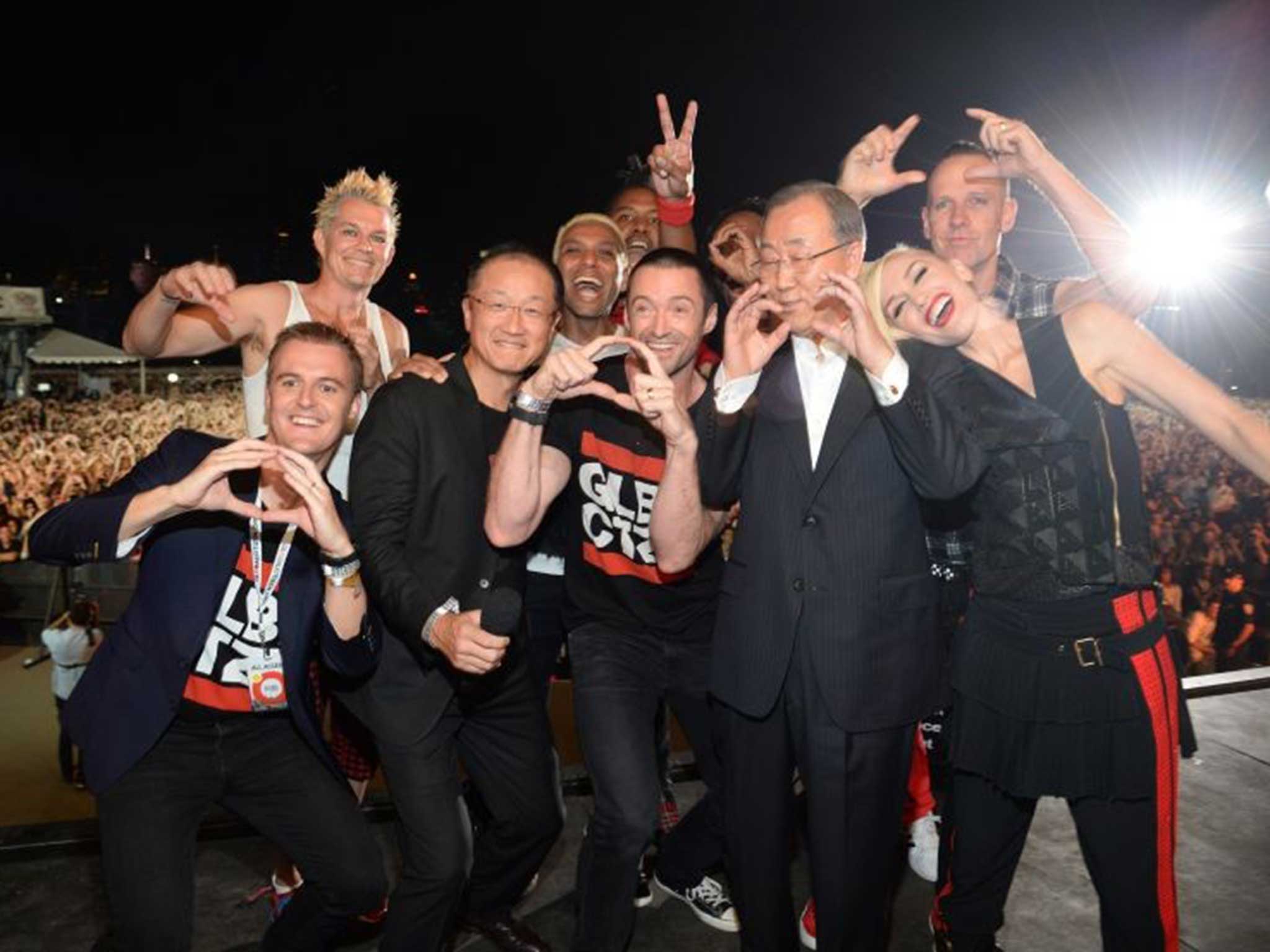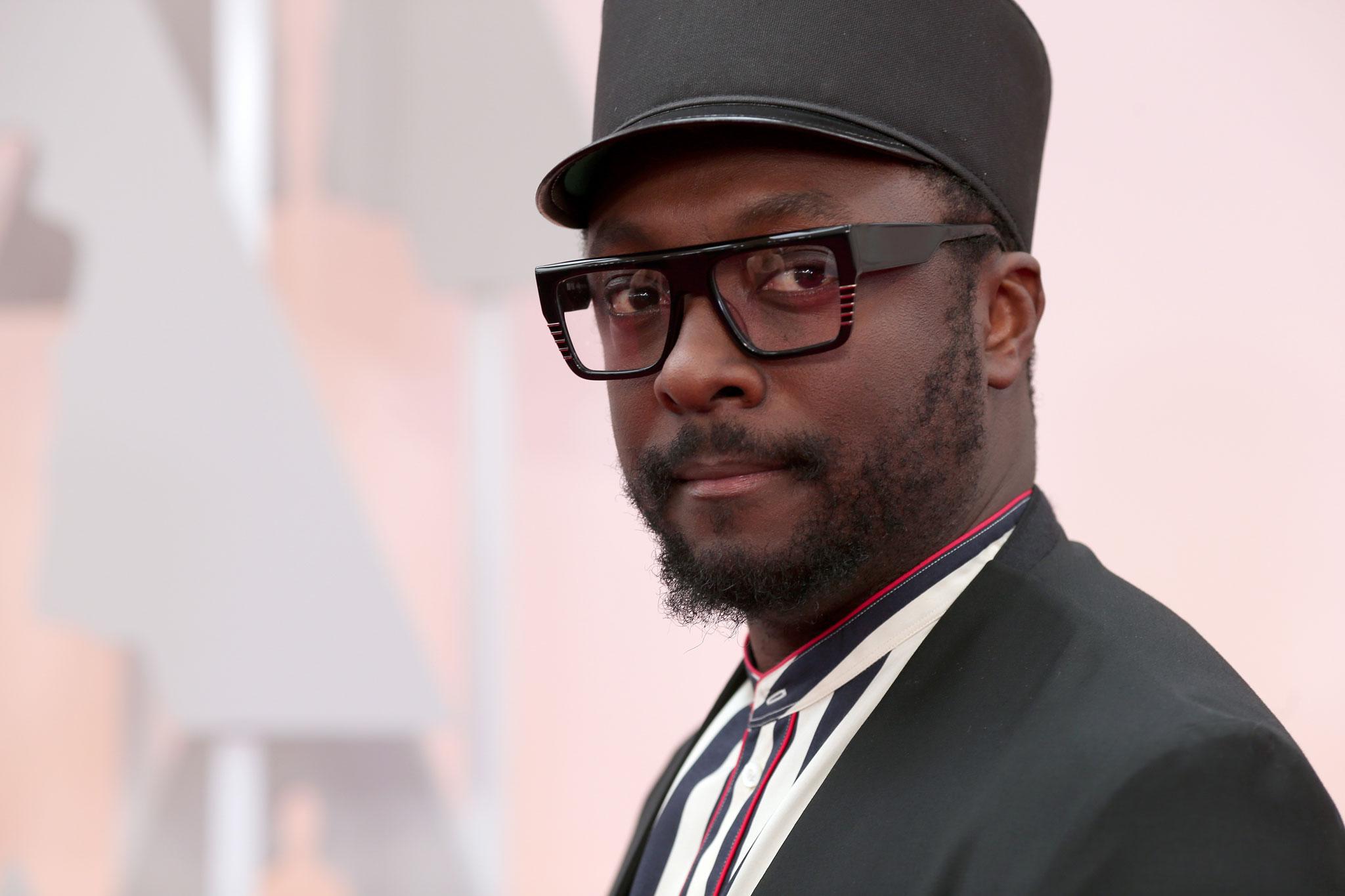Usher, Mary J Blige and Will.i.am to give free concert as part of the Global Poverty Project
The Global Citizen project aims to encourage young people to donate to charity by combining the power of music, social media and old-fashioned rewards

Do the young people in your life give more to good causes than the older ones? Probably not, if the stats are right. Because, while charitable donations from older people have doubled since the 1980s, the proportion made by those aged under 30 has more than halved. And figures published this week in a report from the Charities Aid Foundation (CAF) show that almost 60 per cent of 16-24 year-olds give or do nothing at all.
So, once all those grey pennies and pounds have clinked off to the great collection bucket in the sky, will we wake to discover that we have raised new generations of selfish people who will kill off the very idea of charity quicker than you can select a sad-face emoji?
No, says Steve Clapperton, CAF's campaigns manager: "Young people aren't choosing not to support charities because they are not charitable, but because they don't have the opportunity to get involved in giving."
If that's right, then the challenge passes back to the third sector. How can charities get today's young people to turn good intentions into good deeds? A potential solution takes the stage in Washington DC tomorrow in the shape of Usher, Mary J Blige and ubiquitous celebrity do-gooder Will.i.am. They and other stars will align for a free concert on Capitol Hill as part of a campaign that proposes a new way to give.

Global Citizen, headquartered in New York, is part of the Global Poverty Project – which in 2010 set out to end poverty by 2030 – and aims to mobilise young people especially by combining the power of music, social media and old-fashioned rewards. It's Change.org meets Band Aid, with a side dish of Nectar Points (sort of).
The campaign, explains Stephen Brown, Global Citizen's Europe director, "speaks to people who... haven't found an entry point. So many issues are too big or complicated, or people have fatigue from seeing the same images and campaigns. They need human stories."
Brown uses the example of a free festival that Global Citizen hosted in New York's Central Park last September, which featured Jay Z alongside the prime ministers of India and Norway: "We held it during the UN General Assembly, when everyone was in town making decisions on key issues. Three months out, we identified the issues that would have the biggest impact. We pushed them out on our website and said: if you take action on these issues, you can earn points and come to that festival. You can't buy your way in; you have to read the content, watch the videos, take actions and do enough to get the points to trade for tickets."
"Actions" win prizes in this new, incentivised model, but how do a bunch of young people being bribed with the offer of Jay Z tickets and weak beer change the world? Brown points to last June's Global Partnership for Education summit in Brussels, where nations met to decide how much money to give to the project.

There were fears that Britain would be stingy, says Brown: "With the UK as the biggest donor, this was going to have a big impact on the money in the pot. So we created a Global Citizen push of media stories and content. We found out when the UK ministers were meeting advisors, and got everybody to blast out tweets at them, while artists including Beyoncé and One Direction donated tickets."
Get a free fractional share worth up to £100.
Capital at risk.
Terms and conditions apply.
ADVERTISEMENT
Get a free fractional share worth up to £100.
Capital at risk.
Terms and conditions apply.
ADVERTISEMENT
The strategy generated media coverage, building a momentum, and Justine Greening and Lynne Featherstone (ministers for, respectively, education and international development) were besieged by 10,000-plus tweets. "We had a private message from Featherstone's office asking when they were going to stop, because she had work to do. We said, 'When you give us the money, Lynne!' I spoke to her at the conference and she made it clear the campaign had had a powerful impact on the decision to not only match but increase the UK's funding."
Saturday's concert in Washington – which is timed to coincide with Earth Day – will mark the relaunched Global Citizen's website, to which more than a million people have already signed up. But while it is impressive that most fall into the 15-35 age bracket, isn't it also a bit depressing to think that young people will only give in return for tickets and other rewards? Clapperton thinks not. "We find," he says, "that if you engage people at an early age, it sticks with them through their lives."
Join our commenting forum
Join thought-provoking conversations, follow other Independent readers and see their replies
Comments